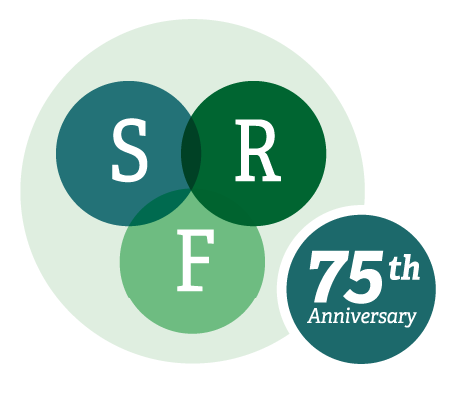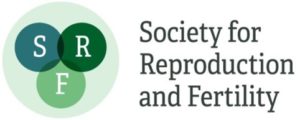Grants
The SRF is pleased to offer grants to cover all career stages.
SRF Grants and Scholarship Summary
A summary of our grants and scholarships can be found below. For full details, including criteria and application forms, please view the pages within this section.
Research Grants
The purpose of the SRF Research Grant is to support SRF members to develop and maintain their research programmes. Applications will open in June 2025, and will close Friday 19 September 2025.
Fertility Bursary
Bursary to attend the Joint Fertility conference, this is a stand-alone bursary irrespective of the Travel Grant and can be applied for every year. Applications for the Early Bird Fertility Bursary 2025 are now open.
Travel Grants
Travel Grants are available to support the attendance of SRF members at non-SRF conferences and courses relevant to reproductive biology. Reflecting the rising cost of attending such meetings, the Society recently increased the maximum award available to £800 (amounts awarded will be dependent on the overall cost of meeting and distance travelled). SRF travel grants are available to those who have been an SRF member for a minimum of 24 months.
Vacation Scholarships
SRF members are eligible to act as project supervisors for SRF Vacation Scholarships, which enable particularly promising students to work during the summer vacation in university departments or research institutes on projects related to reproduction and fertility in humans and other animals. Projects can be a maximum of eight weeks long, and include a stipend funded at £250 per week, plus an award of £1,000 to be paid to the host laboratory to cover the cost of consumables for the project.

